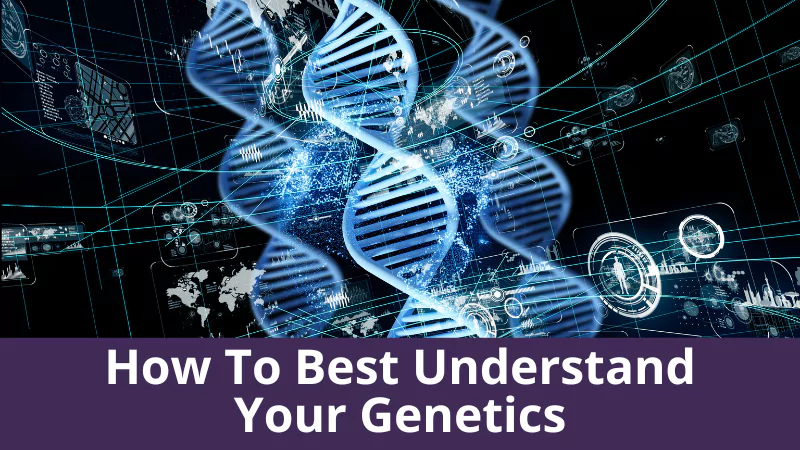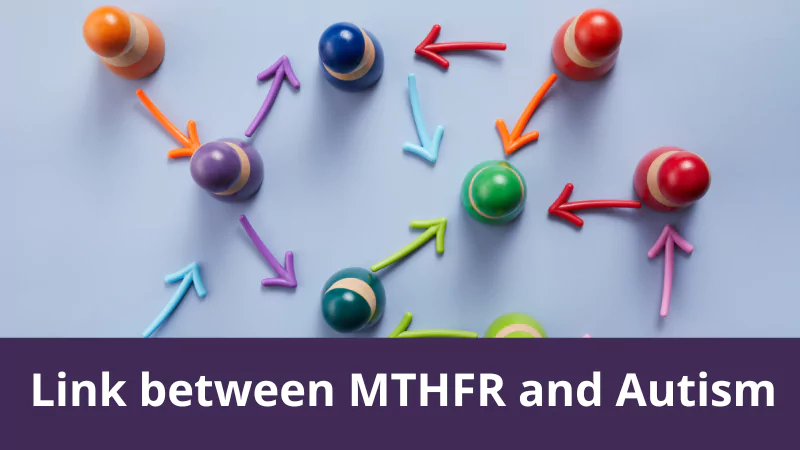What is Autism?
Autism is a rare disorder affecting the whole body with severe impact on the mind. It is a disorder of childhood with onset before 2.5 years.
Autism is marked by severe difficulty in communicating and forming relationships with other people, in developing language, using abstract concepts and obsessive resistance to changes in familiar surroundings.
Autistic children find it hard to understand how others feel, and so remain very isolated, even in to adulthood.
Many autistic individuals are sub-normally intellectual with others excelling and seemingly ‘gifted’ in specific areas.
Research
The MTHFR enzyme is essential for DNA synthesis, with a mutation of the gene therefore known to vastly increase an individuals chance of expressing or developing a disease state. This meta-analysis by Pu et al (2013) examined the link between MTHFR and Autism Spectrum Disorders (ASD). Results from all studies showed the C677T mutation to be associated with an increased risk of ASD in countries without folic acid food fortification.
Weng et al (2014) conducted research on young mice to examine how extensively DNA methylation within the brain is regulated by nutrition early in life. The thalamus and hippocampus of malnourished mice were compared to the brains of normal mice, with the two regions showing differences in their levels of DNA methylation. 500 variations of gene methylation were found in the thalamus, with 60% of these variations relating to development of nerve cells and psychiatric disease. This shows the DNA methylation status of parts of the brain can differ, and is affected by malnutrition from a young age. This also highlights malnutrition from a young age may increase the risk of psychiatric disorders.








